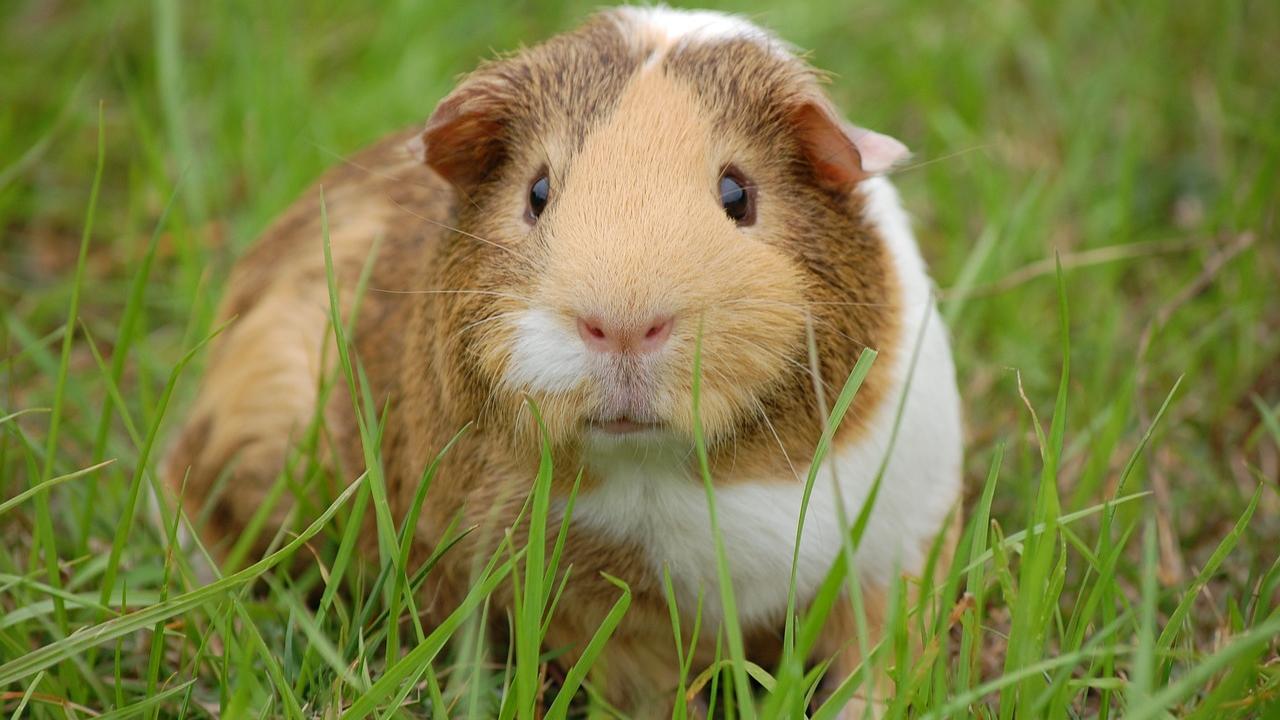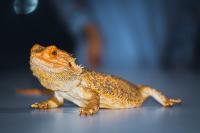
New Emergency Service Established for Companion Exotic Pets

A dedicated emergency service has been established at the UC Davis veterinary hospital for companion exotic pets such as birds, hamsters, rabbits, guinea pigs, etc. The Companion Exotic Animal Medicine and Surgery Service aims to provide the highest quality care to emergency cases by having a dedicated team focused on patients requiring immediate care. Previously, emergency cases and regularly scheduled appointments were seen by the same team, sometimes causing delays.
The new exotics dedicated emergency team includes a faculty veterinarian board-certified in an aspect of companion exotic pet care, a resident veterinarian training to become an exotics specialist, and a veterinary technician focused solely on the care of exotic species. Beyond this specialized care, other benefits of the new emergency service include the ability to see more patients each day, the assurance that emergency cases are seen as quickly as possible, and the prevention of long wait times for regularly scheduled appointments.

To better serve their clients and the greater community, the companion exotics veterinary team will be available to provide emergency service from 8 a.m. – 5 p.m. on weekdays and 9 a.m. – 5 p.m. on weekends and holidays.
Clients with emergency cases are asked to call and speak to the exotics care team (530-752-1393) before arrival to help decide if an emergency visit is required and to best prepare for the visit.
The following conditions are generally considered emergencies that warrant immediate presentation to emergency care:
Birds: Any weakness/severe lethargy, staying on the bottom of the cage not perching, fluffed up while perched, sleeping a lot, not talking or singing (if normally does), loose droppings, not eating for 24 hours or more, blood in droppings, blood loss of any kind, prolonged straining to pass stool or egg.
Ferrets: Diarrhea, vomiting, pawing at the mouth (may indicate nausea due to dangerously low blood sugar), frequent trips to the litter box with little or no urine production, pain in the abdomen, depression, lack of appetite.
Rabbits, guinea pigs, chinchillas, rats, and other rodents: Diarrhea or decreased numbers of stools, lack of appetite, weak or depressed, painful when lifted or touched, head tilted to one side, rolling, flipping.
Reptiles/Amphibians: Weak or unresponsive, open-mouthed breathing, tremoring or twitching, prolonged lack of appetite, frantic movements, bloody droppings, prolonged straining to pass stool or egg.
# # #
